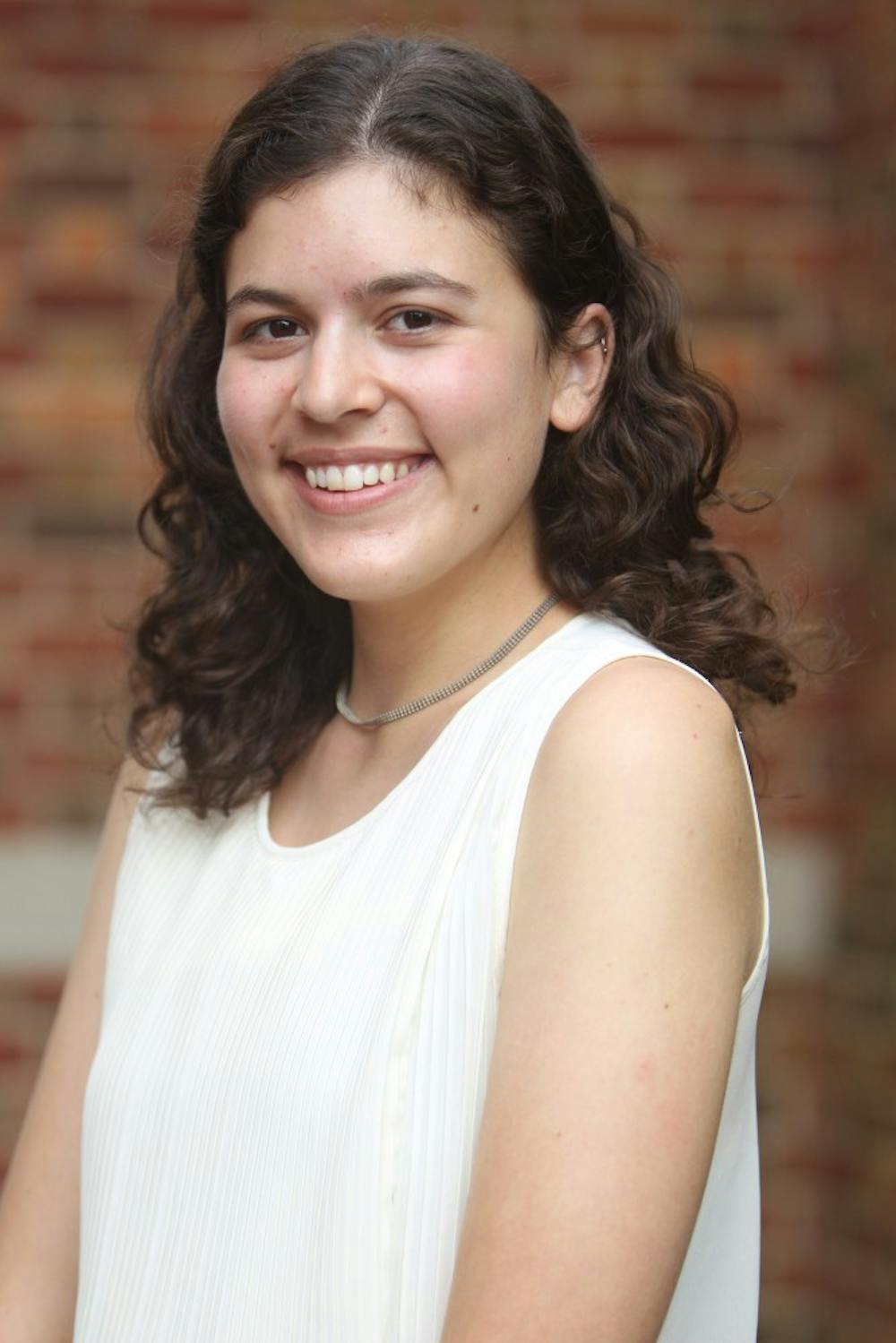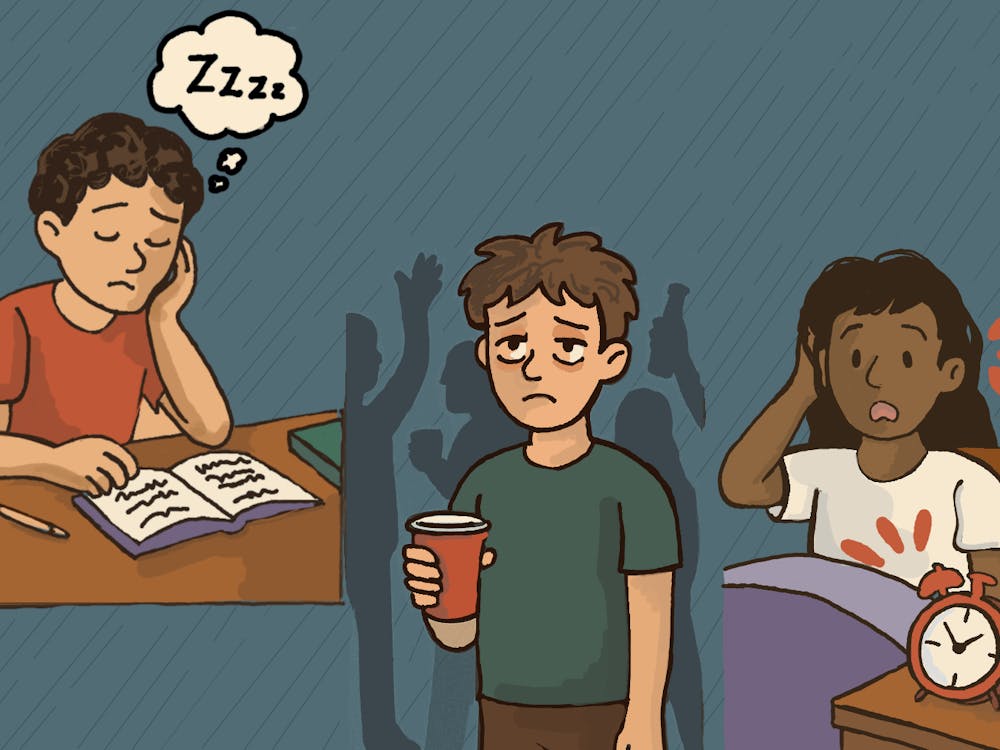There is an old saying in some book somewhere that we always want what we do not have. It has been regarded as a known fact in my childhood household, my mother shouting it at me whenever she walked in on me standing in front of the bathroom mirror incessantly running my fingers through my knotted, curly hair in a vain attempt to straighten it. It’s what I would silently think to myself when all of my shorter friends tell me about how they wish they were taller and when all of my taller friends talk about wanting to be shorter. It’s what I think whenever people begin a sentence with “If only” and end it with a dreamy sigh as they imagine what their altered and improved lives would be like in another world.
Until recently, I have always shallowly thought of this concept in terms of myself and the way I experience the world. If only I were skinnier, I could fit into that pair of jeans I want. If only I were shorter, I would feel more comfortable dating that guy. If only I were smarter, I would have landed that job. If only something were slightly different, my life would be slightly better. If only. The three syllables rattle in my mind and leave me feeling hollow. But the truth is that the idea that we want what we do not have is more relational than I thought and heavily influences which people I choose to include in my circle of friendships.
A few days ago, I was sitting on the rooftop of a building in Manhattan with a guy by my side. We were looking ahead through the windows of the taller apartment building towering over our heads, watching apartment lights flicker on as the darkening sky replaced the sinking sun. In one apartment, a girl was packing her suitcase with a friend, and in the apartment next door, a neighbor was cleaning her living room.
The guy beside me pointed out how strange it was for them to physically be so close to each other with just a thin wall separating them, yet be worlds apart. If only we could peer into people’s lives in the same way we can survey them through the stacked windows of buildings like multiple simultaneously ongoing silent movies, then maybe we could learn to be more compassionate from observation. He and I talked about the elusiveness of our vision as we see people get more or less attractive the more we get to know them and their personality. We talked about heartbreak and sleeplessness, giving up and giving in.
When our conversation began to lull and we sat in silence for a few moments with our drifting thoughts, he threw me a rope and asked me which qualities I admire in people. To be honest, I had never thought about it before despite how simple and prevalent of a question it is. I had always considered the idea of having a “type” as being overrated and narrow-minded. Everyone’s “type” is a reference to their comfort zone, ruling out the possibilities of branching out. Having a “type” is like choosing a select few people you like based on the 10-second clips of their lives you see through the view of only one, small window.
But when I was asked what I found admirable I seemed to be at a loss for a concrete answer. A laundry list of traits like “funny, intelligent and good-looking” that reads like the bio of a Tinder profile did not come to my mind.
Instead, it was the idea that I admire significant qualities I believe I lack the most. I realized that I subconsciously seek out people who are not necessarily similar to who I am but who possess characteristics that I want because I am unable to see them in myself. Maybe it’s related to the Darwinian concept of natural selection, except that “we” replace the “environment” and possess the autonomy to do the selecting. Maybe the idea of finding our weaknesses as strengths in others is more of a survival mechanism than it is merely preference. It makes sense, but my motives are different. As illogical as it may sound, I seek friends who have qualities that I want not because I am recruiting for my own personal militia, but because I want to somehow magically inherit them, absorbing them to fill the gaps in my personality.
It may seem strange to obsess over my shortcomings as opposed to improving the qualities I am already endowed with, but it’s more than just a motivating factor for me to be a better and more well-rounded person. My overarching self-reflection spans farther than my decisions to be involved in more clubs, enroll in more credits, find a job and to always do more simply because there is always more that can be done. My self-reflection reaches into my personal life and dictates who I am inclined to spend more time with.
When I look back at my first year at the University, I realize that the friends whom I have grown closest to are people who are self-confident, thoughtful, direct and social — qualities that I have been trying to flesh out of myself. If I have to say one thing I have learned from my first year of college, it’s that I learn more about myself from spending time with other people than I do when I pass time in solitude. In other words, the people closest to us can sometimes say more about ourselves as people than we can.
Victoria Laboz is a Life Columnist for The Cavalier Daily. She can be reached at life@cavalierdaily.com.







